Wearing a face covering is one of the best ways to prevent the spread of COVID-19 and other respiratory illnesses. It reduces the release of infectious particles into the air when someone breaths, speaks, coughs or sneezes, including in those who have COVID-19 and show no symptoms yet.
A proper face covering should cover both the nose and mouth. It can be made from a variety of materials. Use a sewn mask or improvise a face covering using household items such as a bandana, towel or shirt. All students, faculty and staff at the university will be provided two cloth face coverings this fall. While important, face coverings should not be a substitute for washing hands, physical distancing and staying home if you are sick.
Video Resources
4 Tips For Wearing a Face Covering While Eating
Myth or Truth – Wearing a Face Covering Outside
Myth or Truth – Face Coverings in Restrooms
Myth or Truth – Face Coverings for Healthy People
5 Tips For Wearing a Face Covering Safely
How to Wash Face Coverings
Myth or Truth – Face Coverings and Carbon Dioxide
Myth or Truth – The Right Way to Wear Face Coverings
What Our Nebraska Medicine Experts Are Saying
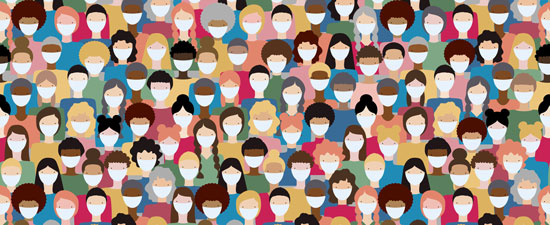
15 Face covering hacks
We all know that wearing a face covering will help prevent the spread of COVID-19. But did you know there is a correct way to wear them? We have some tips for you on how to make sure they are as comfortable as they are safe. Read More
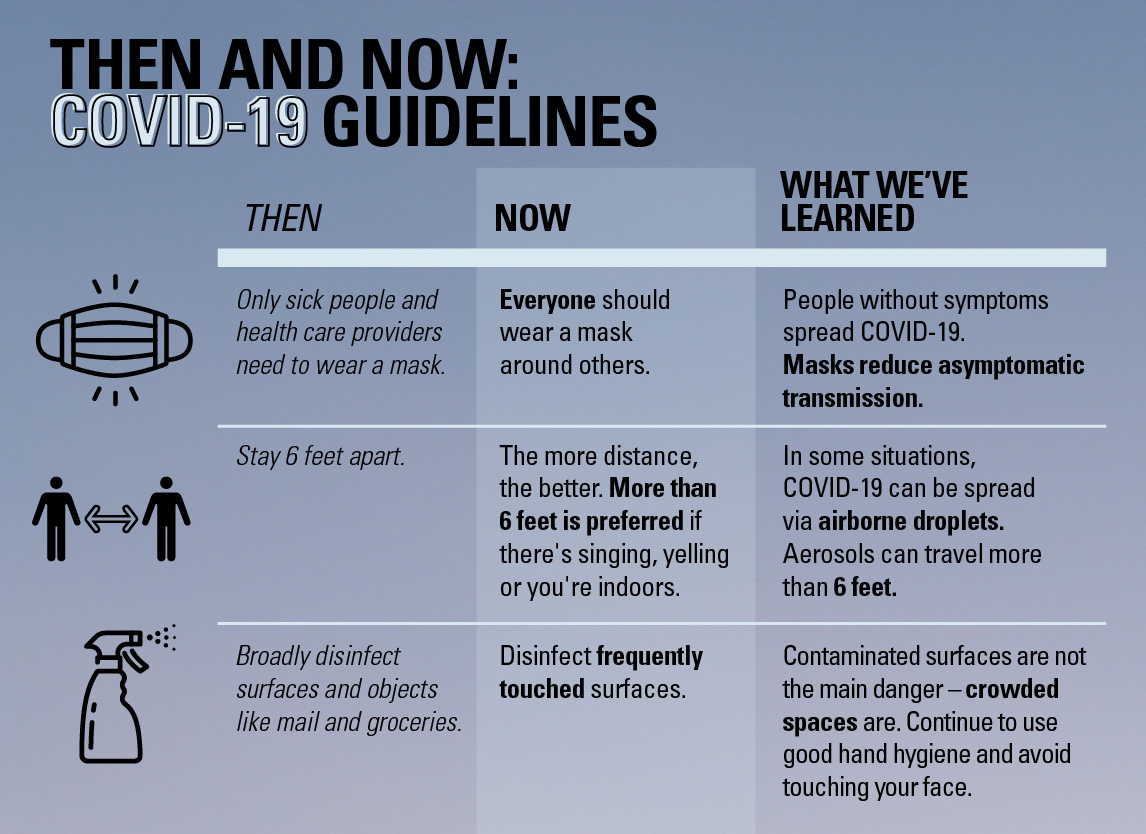
Guidance will change as knowledge is gained
See the absolute latest recommendations on face coverings, disinfecting, distance, symptoms and more – and why changing guidelines can be a good thing. Read More
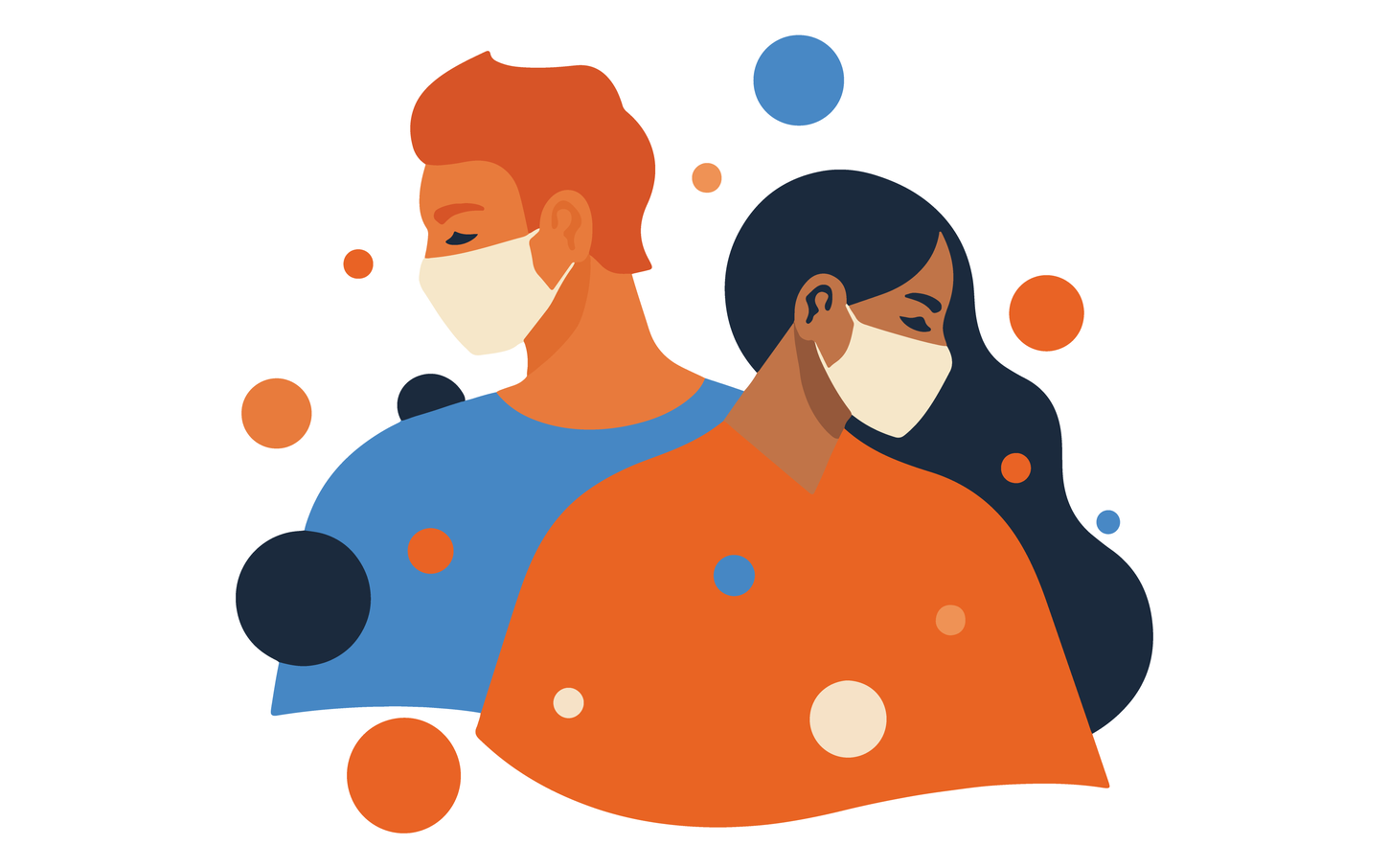
Face coverings FAQs
Answers to the questions most commonly asked about face coverings. The Washington Post published this comprehensive FAQ. The article includes insight from physicians and public health experts across the nation, including our own Mark Rupp, MD, chief, division of infectious diseases. Read More

The great face covering debate featuring Dr. Lowe
KETV Channel 7 asked John Lowe, PhD, questions collected from Omaha-area viewers. Dr. Lowe specializes in infection prevention and control of emerging infectious diseases. Read More
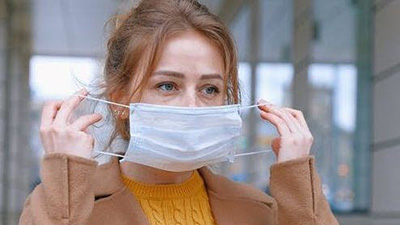
Universal face covering wearing is necessary
The Omaha World-Herald published this essay written by infectious diseases experts James Lawler, MD, Sara Bares, MD, and critical care physician Daniel Johnson, MD. Read More

Unmasked germs are actually pretty gross
Do face coverings really help slow the spread of COVID-19? Using laser light scattering, researchers visualized droplets when someone is wearing a face covering and not. Read More
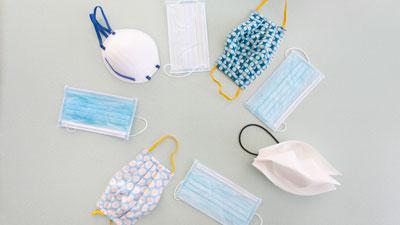
3 common face covering myths debunked
There are many face covering myths swirling around on the internet today. Infectious diseases expert Kelly Cawcutt, MD, MS, separates fact from fiction in this blog. Read More
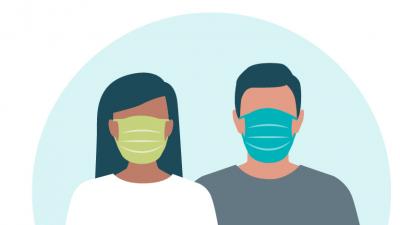
How to wear a face covering: dos and don'ts
If you need to go out, these dos and don’ts will help you wear a face covering with confidence. Embrace wearing a face covering and rest assured that you are helping yourself and others stay safe. Read More
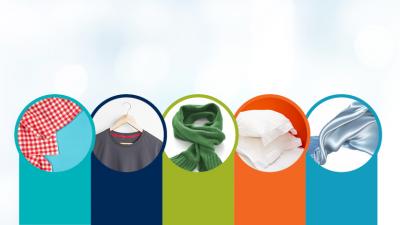
The best face covering material according to scientists
When it comes to homemade face coverings, the type of fabric you choose matters. Some materials prevent more infectious particles than others. Read More
Frequently Asked Questions
Should everyone wear a face covering when they go out?
We recommend wearing a face covering anytime you are in the community and around others, especially when a minimum six-foot physical distance cannot be maintained.
Should I use an N-95 mask or surgical mask?
Although these masks are effective, we encourage everyone to use a non-medical grade face covering instead. This helps us preserve N-95 and surgical masks for health care workers and first-responders, who can’t use physical distance to protect themselves.
Can students get free face coverings at the health center?
No, the health center has a limited supply of surgical masks that are reserved only for patients and staff. We cannot supply the general student population at this time.
Are you accepting face covering donations?
Although donations are not accepted at the University Health Center, you can donate them to Nebraska Medicine. Learn more.
How do I make a cloth face covering?
Visit the Centers for Disease Control and Prevention website to learn more.